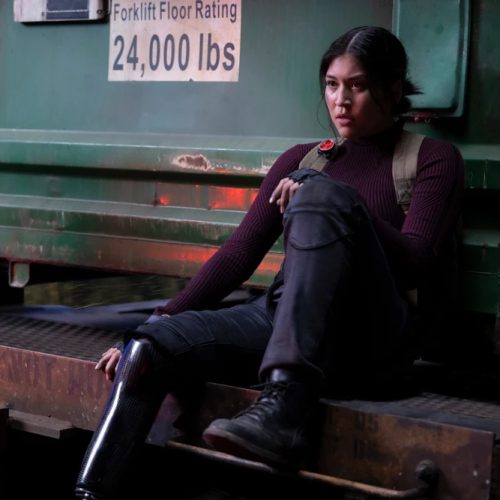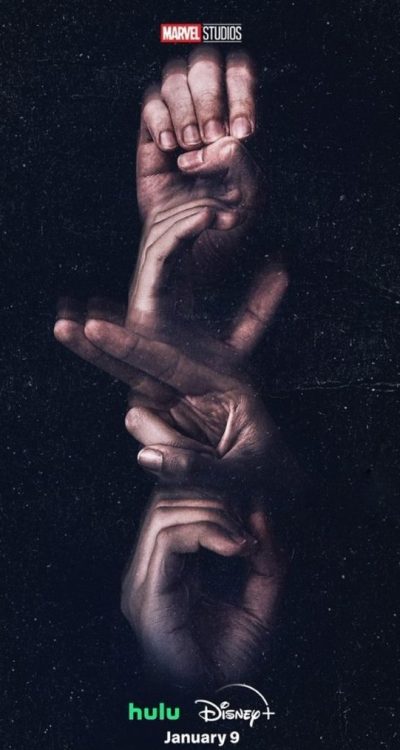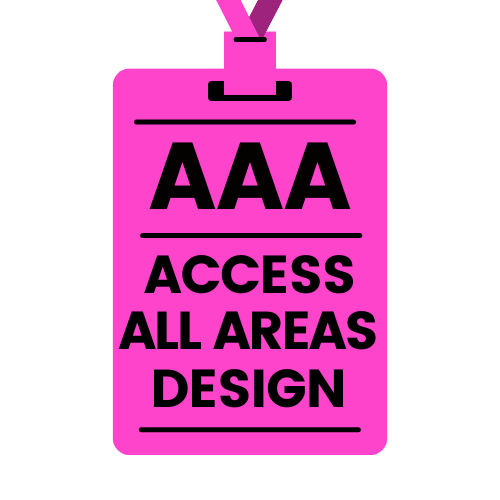ECHO, A HERO WORTH HOLDING OUT FOR

Echo, the latest TV series from the Marvel Cinematic Universe, follows Maya Lopez, the former leader of the Tracksuit Mafia criminal gang who returns to her hometown to face her past, reconnect with her Native American roots, and embrace family and community.
Manipulated from a young age into working for the show’s baddie, Kingpin, she turns her back on his criminal empire and seeks to avenge the death of her father. Maya Lopez is based on the comic book character of the same name whose fighting talents are honed by her ability to “echo” the skills of her opponents.
She is deaf, communicates by signing, and has a prosthetic leg, which, in classic superhero style, becomes part of her costume. Played by Native American, deaf, amputee Alaqua Cox she is a superhero like no other.
At times her disability gives her an advantage over her opponents. She escapes injury when her prosthetic leg becomes trapped between two train carriages, albeit damaging it, but then gets a new, high-tech one. Her deafness is also part of her arsenal of weapons especially when communicating via sign language with her friends to escape the villains.

Even some of the artwork released for the series is not only an attempt at inclusive design, but also a clever storytelling device.
To promote it, an ASL (American Sign Language) designed poster depicts the word echo spelled out with a hand signing each letter. Some critics claim the poster contains a ‘typo’ in that the finger spelling the letter ‘h’ is the wrong way, however, it should be commended for the effort to integrate accessibility into its design.
With disability often seen as an impediment to living a full life, it’s encouraging to see a character whose disabilities enhance their life, even if it is to exact revenge on her enemies. More significantly, you barely notice Maya’s disabilities at all. They are part of her identity but they don’t define her. Hopefully, this is a sign of more diversity, including telling indigenous stories by indigenous people, to come.
